Today, we will show the review and teardown process of the Lenovo ThinkPad PD 65W PD adapter.
Appearance
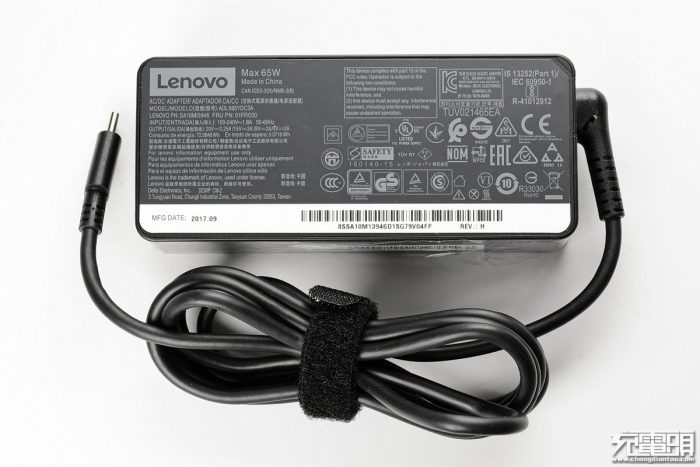
This PD power adapter is in a common shape. It has an AC input socket and Type-C cable.

Foundry: Delta Electronics. Inc. Product model number: ADLX65YCC2A. Power rate: 65W. The adapter’s nameplate suggests it supports four voltage output types: 5V/2A, 9V/2A,15V/3A, and 20V/3.25A.


Type-C socket
Test

The ChargerLAB POWER-Z KM001 tester shows that the adapter supports four voltage output types: 5V 3A, 9V 3A,15V 3A, and 20V 3.2A. The result is slightly different from the data on its nameplate.
The Type-C port is tested by EBD via the Legendary PD detector.

Under 5V, the max output current is 3.4A, and the power rate is 16.4W, which exceeds its standard current and power rate. The voltage is slightly lower, affected by cable length.
 Under the 9V voltage, the max current is 3.31A, and the power rate is 28.8W, exceeding the standard current and power rate.
Under the 9V voltage, the max current is 3.31A, and the power rate is 28.8W, exceeding the standard current and power rate.

Under 15V, the max output current is 3.31A, and the power rate is 28.8W, which exceeds not only the standard current and power but also the measurement range of EBD 35W.

Under 20V, the max output current and power rate also exceed the measurement range of EBD 35W.
Teardown

The adapter has a thick shell. To begin with, we use a metal bar to remove the shell. Two bars get curved because they touch the metal shield, so we have no choice but to use an electric grinder.
The metal shield gets damaged by the bar.


Lots of white thermal conductivity glue.

This is the weld leg on one side of the metal shield.

The switching transformer has many silicone thermal conductivity glues. These glues help dissipate heat, relying on the metal shield.

Many components on the PCB chip get stuck with white glue or shield cover.

The AC power input socket has pure copper pins.

It is a black Conquer slow-blow fuse- T3.15A 250V CQ MST.

The blue Korean CMPP is a safety capacitor.

There is a rectifier bridge and a primary COS on the large heat dissipation chip.

The unit on the small heat dissipation chip is the output Schottky diode.

The main filter capacitor is from Nichicon. 120μF 420V.

It is the rectifier bridge. U3K8 GULF, 3A 700V.

It is a Toshiba field effect transistor (FET) -TK11A65D. 11A 650V. TO220F MOS field effect transistor switch.

PWM SPPE. Rubycon 100V 10μF.

Small heat dissipation chip

Schottky rectifier G40100CTW is from LITEON, 40A 100V.

It is an output filter capacitor from Japanese NCC. 25V 1000μF.

PWM chip

PD controller

Optocoupler (OC)

PD output MOS, Allergro AO4447A -15A/ -13V SOP8 MOS FET

The PD output has three core wires, including red and black power wire and blue PD signal wire.

Shell material: PC. This material is solid and flexible.
Summary
In the laptop field, PD power has gradually occupied comprehensively the market and benefited from the compatibility of the smart pocket device. The Lenovo ThinkPad ADLX65YCC2A adapter, made by LiteOn and Teclast, has good workmanship, high quality, and a reasonable price. This PD adapter gives users more choices.


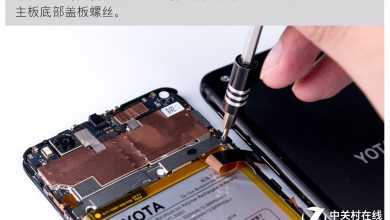
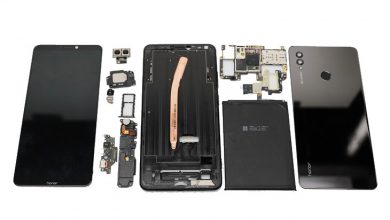
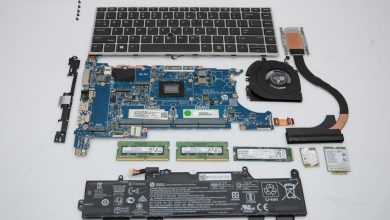
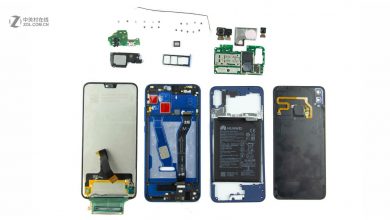
Really appreciated the insight into this PSU adapter. I am working on this exact same adapter.
Is there any chance you could provide the pinouts or a URL that shows the pinout for the output connector?
Thanks,
jGecko
I would also like to know if there is any additional circuitry in the USB connector end or if the blue wire is connected straight into CC.
My charger broke. I managed to take apart the male plug without doing too much damage. Pictures:
https://imgur.com/a/S94Qwn7
So can this charger reach 65w, or is it less than the mentioned wattage?